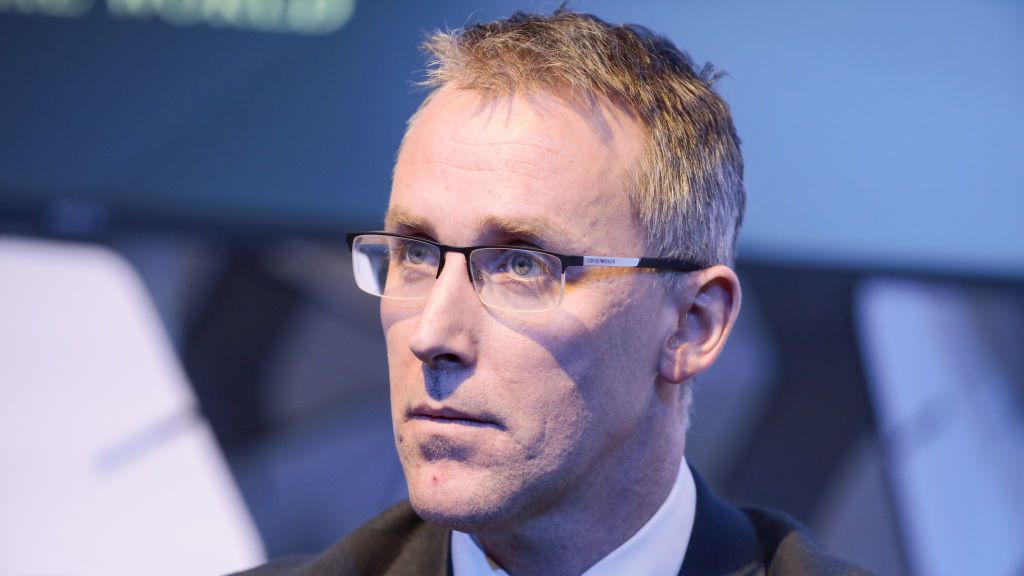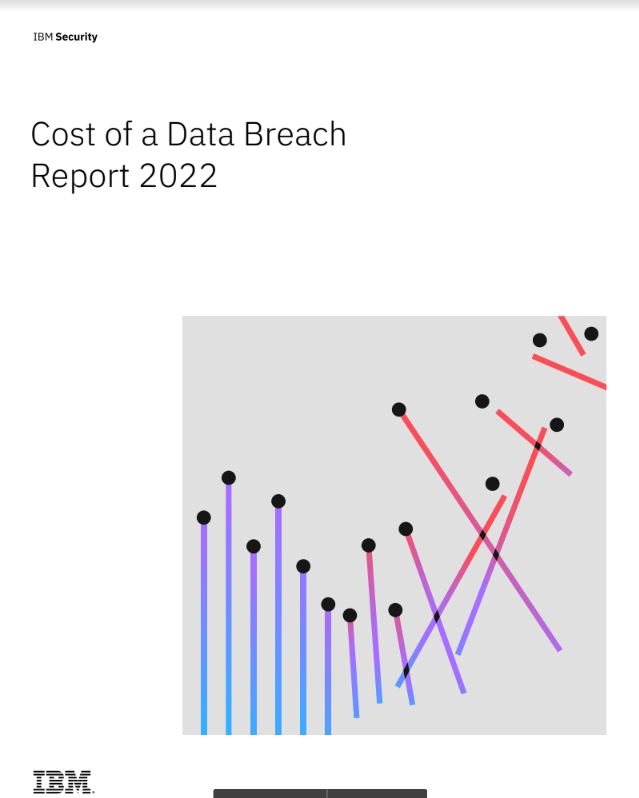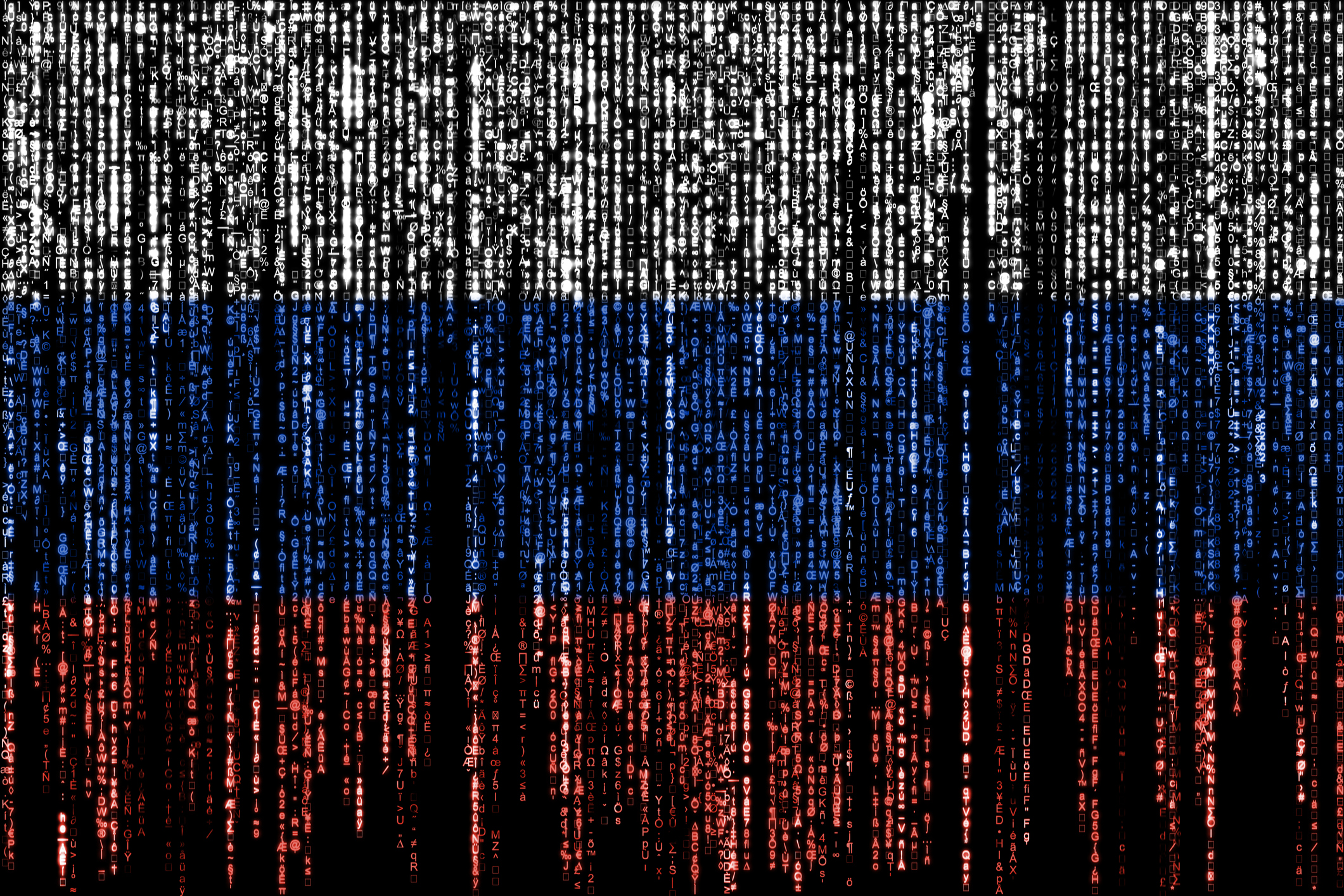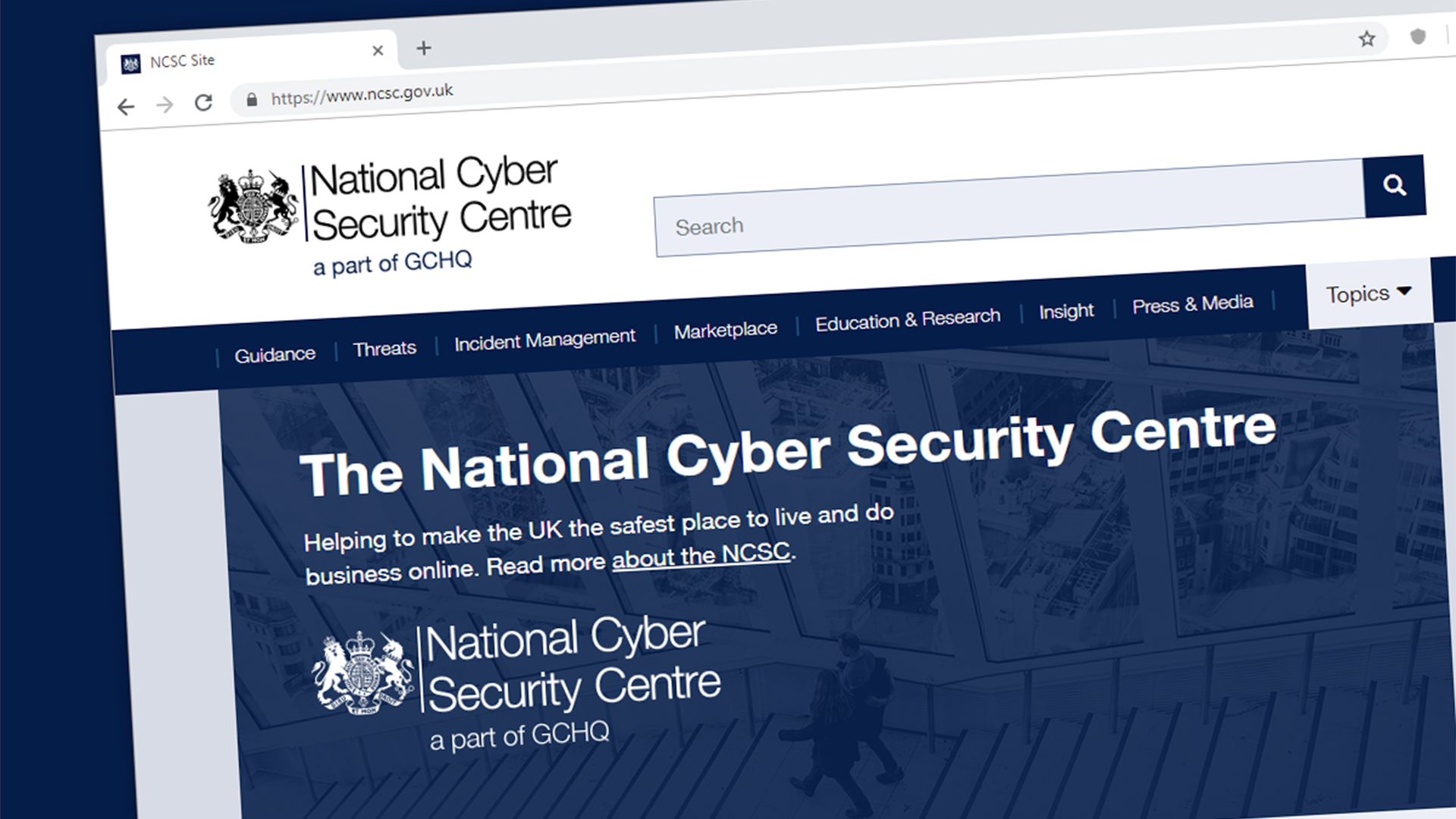NCSC founder details 'biggest regret' in underestimating organised cyber crime
In a rare public address, Martin also detailed his proudest achievement and how the idea for the NCSC came to be


Ciaran Martin, the founder of the National Security Cyber Centre (NCSC), has revealed that he regretted underestimating the strength of systematic organised crime when setting up the centre.
One thing Martin wished he had done differently when setting up the NCSC was to appreciate the criminal threat more quickly, he said during a keynote address at (ISC)2 Security Congress held earlier this month.
RELATED RESOURCE

Since the NCSC was descended from and parented by national security organisation GCHQ, Martin recalled that it was incentivised to focus on the big state threats.
“But then you look at all the harm done and we underestimated the potency of systematic organised crime often hosted in hostile jurisdictions like Russia, but not directly controlled by them,” said Martin.
The NCSC was founded in 2016 and acts as the country's leading hub of experts that are called on when needed to assist in the handling and remediation of cyber attacks against UK entities.
Martin said the idea to create the NCSC was borne out of a conversation he had in 2015 with then-Prime Minister David Cameron who expressed concern for rising cases of cyber attacks. By the time Martin left the authority, the International Telecommunications Union (ITU) raised the UK's global cyber security preparedness ranking from eight to first - a position that has now been regained by the US.
The founder also revealed his proudest achievement: launching a programme called active cyber defence, which aimed to tackle high-value commodity attacks that affects people’s everyday lives by providing free security services for organisations. However, he shared that he regrets naming the programme “active cyber defence” as it sounds, particularly to the US government, essentially like cyber war.
Get the ITPro daily newsletter
Sign up today and you will receive a free copy of our Future Focus 2025 report - the leading guidance on AI, cybersecurity and other IT challenges as per 700+ senior executives
Martin recalled details of the programme and how it called for a partnership with the industry which aimed to automate the removal of websites with malicious code by using the NCSC’s data to help people take down the sites if they wanted to. The average time for a malicious website hosted in the UK went from 27 hours to 45 minutes.
The NCSC founder also highlighted that organisations should marry the increasingly powerful technical capabilities to detect malicious behaviour on networks with people’s ability to stop that from happening.
Martin recalled that during his time at the NCSC, he dealt with around 2,000 incidents, and in many of them the post-event forensics were of very high quality. This meant you could glean a large amount of information about what happened, as well as the specific time at which attacks occurred, but there was no communication of this at the time the attacks took place, which Martin agreed is quite hard to do.
He underlined that the ability to detect malicious behaviour retrospectively should essentially be brought further forward and secure it as far up the chain of production as possible.
NCSC: Businesses are too often 'seduced' by the attractive lure of phishing tests NCSC launches startup incubator to protect against national cyber threats NCSC and ICO chiefs plead with lawyers to stop making ransomware payments
“Because the further it gets to the poor little user at the end, trying to work out whether or not they should open this link, the more vulnerable it is,” he said.
Separately, the NCSC warned businesses in October to not become seduced by over-using phishing tests in their organisations. It claimed most implementations rarely offered an objective measure of an organisation’s defences and can end up wasting time and effort.
Zach Marzouk is a former ITPro, CloudPro, and ChannelPro staff writer, covering topics like security, privacy, worker rights, and startups, primarily in the Asia Pacific and the US regions. Zach joined ITPro in 2017 where he was introduced to the world of B2B technology as a junior staff writer, before he returned to Argentina in 2018, working in communications and as a copywriter. In 2021, he made his way back to ITPro as a staff writer during the pandemic, before joining the world of freelance in 2022.
-
 Bigger salaries, more burnout: Is the CISO role in crisis?
Bigger salaries, more burnout: Is the CISO role in crisis?In-depth CISOs are more stressed than ever before – but why is this and what can be done?
By Kate O'Flaherty Published
-
 Cheap cyber crime kits can be bought on the dark web for less than $25
Cheap cyber crime kits can be bought on the dark web for less than $25News Research from NordVPN shows phishing kits are now widely available on the dark web and via messaging apps like Telegram, and are often selling for less than $25.
By Emma Woollacott Published
-
 ASUS, Cisco, Netgear devices exploited in ongoing Chinese hacking campaign
ASUS, Cisco, Netgear devices exploited in ongoing Chinese hacking campaignNews Critical national infrastructure is the target of sustained attempts from state-sponsored hackers, according to Five Eyes advisories
By Ross Kelly Published
-
 Off-the-shelf ransomware is spurring a new era in the Ukraine war
Off-the-shelf ransomware is spurring a new era in the Ukraine warNews Experts agreed Russian forces could be overwhelmed, forced to use less sophisticated tools to meet the regime's demands
By Connor Jones Published
-
 NCSC: “New class” of Russian cyber attackers seek to destroy critical infrastructure
NCSC: “New class” of Russian cyber attackers seek to destroy critical infrastructureNews The cyber threat has been raised due to the heightened risk of ideologically driven cyber attacks from Russia-aligned adversaries
By Connor Jones Published
-
 NCSC warns UK under state-sponsored spear-phishing attacks from Russia and Iran
NCSC warns UK under state-sponsored spear-phishing attacks from Russia and IranNews The acceleration in spear-phishing campaigns last year coincided with the escalating conflict in Ukraine, according to the NCSC
By Ross Kelly Published
-
 Second Singtel subsidiary breach in a month sees customer and client data leaked
Second Singtel subsidiary breach in a month sees customer and client data leakedNews The incident at Singtel subsidiary Dialog follows the earlier breach at Singtel-owned Optus, Australia's second-largest telco
By Rory Bathgate Published
-
 UK, US condemn Iran for ‘unprecedented’ cyber attack against Albania
UK, US condemn Iran for ‘unprecedented’ cyber attack against AlbaniaNews The Balkan nation has cut ties with Iran following the hack, which took down national infrastructure and exposed government information
By Rory Bathgate Published
-
 Cyber attack on software supplier causes "major outage" across the NHS
Cyber attack on software supplier causes "major outage" across the NHSNews Unconfirmed reports suggest the attack may be ransomware-related, while the NHS contends with disrupted services on the 111 non-emergency line
By Connor Jones Published
-
 NCSC launches startup incubator to protect against national cyber threats
NCSC launches startup incubator to protect against national cyber threatsNews The program is focused on the protection of highly available operational technology where there is a high risk of digital sabotage
By Bobby Hellard Published